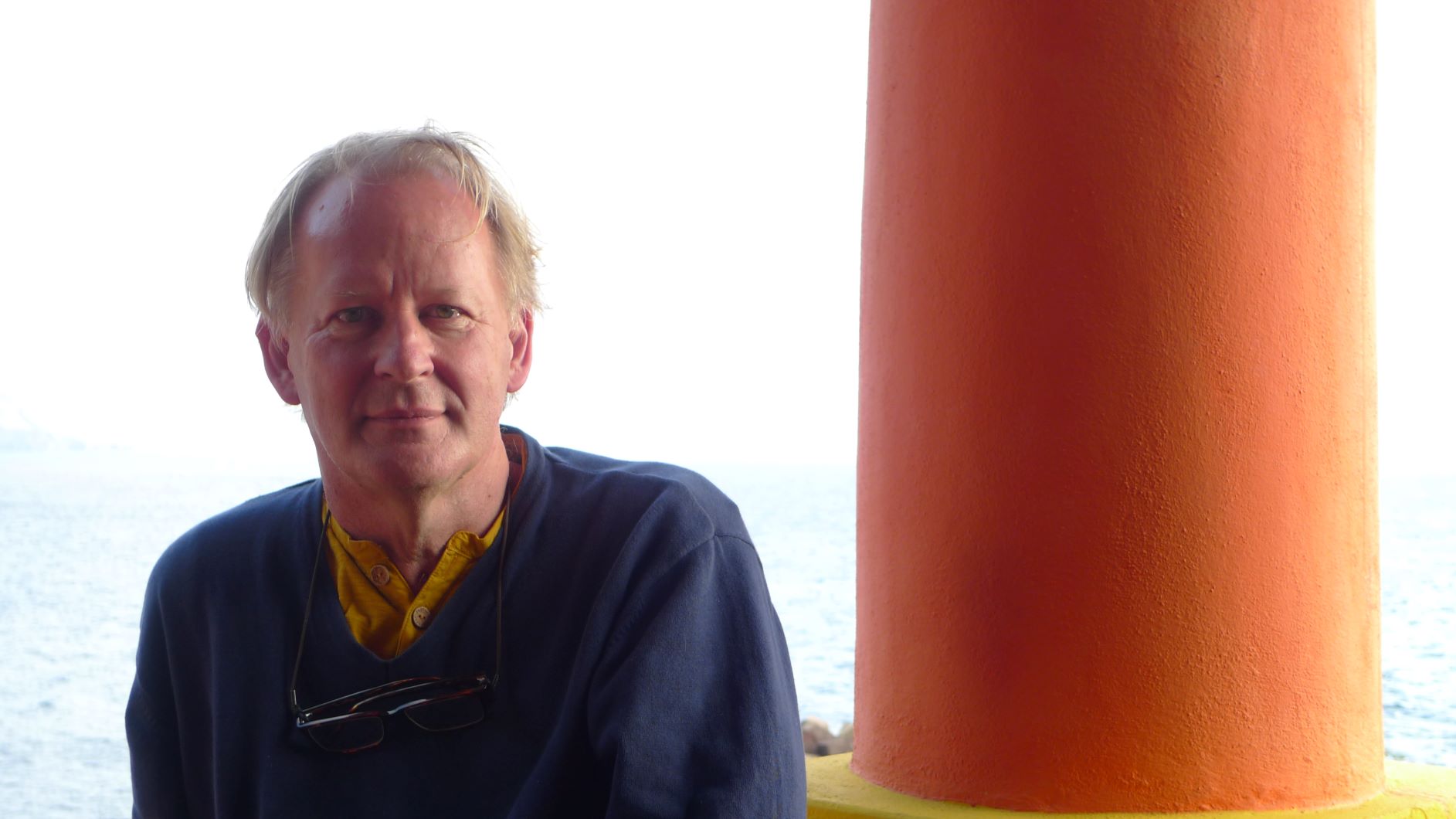Jung wrote: "Nothing has a stronger influence psychologically on their environment and especially on their children than the unlived life of the parent. The greatest tragedy of the family is the unlived lives of the parents." But what if those lives had been lived in ways unknown to their children and future generations? Whatever way you look at this, parents' own stories are going to be hugely influential well beyond their lifetimes. That may be why trying to write the history of an elderly family member is a common task people assign themselves, but for many reasons most don't complete it.
How to get the story started
Very often people don't know where to start, how to organise it all and when to stop. I've been working with British, Australian and New Zealand psychologists and psychotherapists and family historians to produce a very straightforward manual, Finding True Connections. The manual provides 100 key questions that traverse all stages of the interviewee's life.
As the questions come from an outside source, they have a certain objectivity and they allow the interviewer and the interviewed to get to work on the story without too much clutter from their own relationship getting in the way. Each question has background notes and follow up questions if time and interest allow. A duplicate set of cards with the questions the interviewer is reading from the book can be used to control the pace of the interview- so that when the interviewer believes they have all they need they simply put the next card down.
The politics of history
It's important to keep the interviewer out of the story. Yes, their memories and understandings can be very different, but they don't own the story; that must belong to the interviewed person and history will judge the rest. I know of one lady who refused to mention one of her sons in her interviews as she didn't want him remembered at all. That could have had a devastating effect on future generations, so while respecting her wishes the interviewer did manage to secure one nice comment about him. It's also important to be mindful of who else might be present when the interviews are taking place. An overly intrusive partner could well restrain the story and too many voices at one time is not helpful.
If the interviewee doesn't want to answer a specific question you are advised to smoothly move onto the next one. Most of the key issues are addressed from more than one angle so it's likely that you will capture the information in a way the subject will be happy with later in the 100-question process.
When to write your family history
This is a project that can be done at any time, but it does require a significant time commitment. Preparing for the interviews by straightening out dates and timelines and names and spellings of the key people beforehand takes time in itself. As does researching the period through which the subject lived. Where were they and what was happening in the world on their 5th, 16th, 21st, 40th and 65th birthdays for example.
Once you are organised the 100 questions can be covered in two or, for the more infirm, three interview sessions. As well as taking notes you are advised to record these, and most mobile phones have or can download an effective easy recording system. So too can online communication systems such as Zoom and Skype.
A project for lockdown?
Given that many people are in lockdown they will have the time to get started. Ideally, they would get a set of questions to the person being interviewed so that this can be done online or by phone. Once the interviews are completed, go to work straight away and start creating a narrative. Try to use as many of their turns of phrase and exact quotes wherever possible. However, remember the story needs to be told, not regurgitated.
Interestingly, one of the benefits of the process is that the interviewed person normally enjoys a big positive bounce as a result of it. Often people think that they haven't 'done much' but everyone has seen and absorbed enormous change. Being interviewed validates the person, gives them a voice and also the process can sort out the fog of chronology with everything being put in correct order. Accordingly, the interviewed person can look back at their life as a whole.
Windows in history
Capturing someone's history gives a view into our own world. Many jobs have vanished, and attitudes and beliefs have changed and entire practices abandoned. By getting into the history you will see how the world of your family member was and how they felt about it all. I've often amazed by how little children often know about their parents' lives.
Normally the process can take up to 12 weeks if someone has a job but if working from home this could all be completed within less than six weeks. It's important not to try for perfection but make steady progress if you aim for around 12-15,000 words you will have a story that will be read by many people over many years of great value to the family including those not yet born.
Gareth St John Thomas is the author of Finding True Connections: How to Learn and Write Your Family's History



